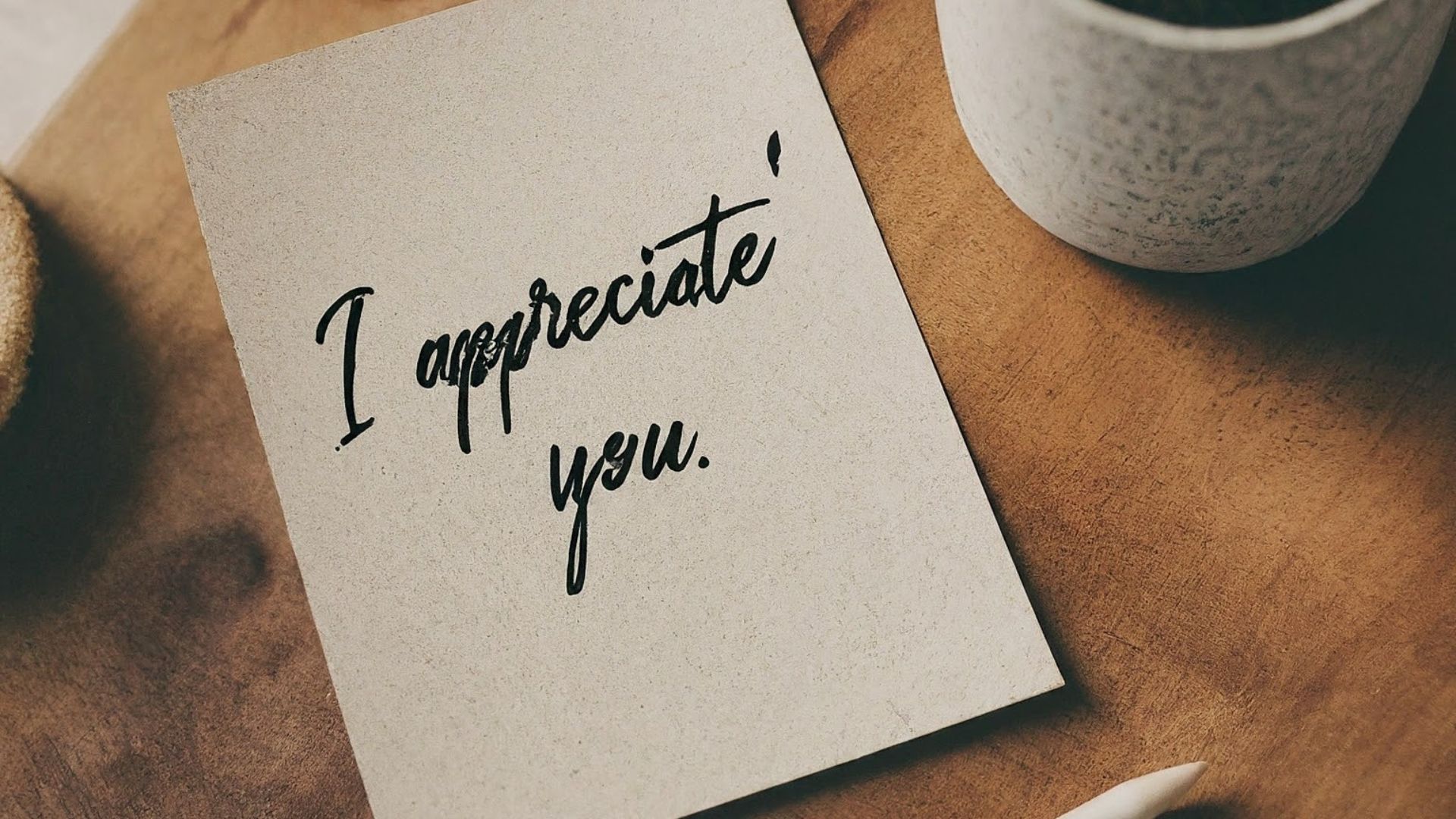
Appreciation, Voltaire wrote, is a wonderful thing. It makes what is excellent in others belong to us as well.
Beautiful sentiment.
A no-brainer, right? Yet almost every individual I have coached over the last two decades doesn’t appreciate the contributions of others enough.
Well, let me clarify. They don’t EXPRESS their appreciation enough.
This lack of appreciation-expression is most startling when it comes to how we relate to an authority figure. All sorts of conditioning, explicit or subliminal, about how we behave around folks with power comes into play.
It’s not pretty.
Chances are, you have been taught about “managing UP.” The art of managing a perhaps mercurial, distracted, at times unavailable and often unpredictable boss. If you have worked in the corporate world long enough, you have likely taken a class on this essential leadership skill.
Hint: Know their priorities. Speak their language. Anticipate their needs. Be truthful and don’t BS them. Contract properly at the end of a meeting. Just a few of the essentials.
Chances are, as well, that no one in your class spoke about “appreciating UP.”
You do your best to express appreciation to the folks on your team. You may forget and you may not do it perfectly, but you know that it’s a good idea.
You do, however, little to explicitly appreciate your boss. It’s a potent influencing behavior, and yet, bosses rarely receive a word of praise or appreciation. From anyone. Yes, it’s lonely at the top, in more ways than one.
Here are some of the myths and beliefs that shape how we engage with an authority figure.
My boss’s time is precious. I want to be prepared, get to the point, and show that I respect how busy s/he is.
Fact: Your boss is a human being with feelings, no matter how efficient her or his outer demeanor may be. The longing for appreciation is universal. Expressing appreciation is never a waste of time. Do not conflate being efficient with not expressing an important thought or feeling – which includes appreciation.
I’ve watched other people suck up to Senior Leaders and it just looks and sounds so totally obvious. I don’t ever want to become one of THOSE people!
Fact: Even when it looks like sucking up to you, chances are your boss appreciates hearing it. Dump the phrase “sucking up” and supplement it with the phrase “expressing genuine appreciation.” That’s what we’re talking about, after all. If your appreciation is heartfelt, your expression of this appreciation is an act of honest communication. Withholding the comment is an act over unnecessary filtering. You are choosing to be less authentic by not communicating an appreciative thought.
I don’t want to cross any personal boundaries with my boss or get into a conversation that becomes too private and which I will later regret. My boss isn’t a touchy-feely person.
Fact: Praising someone’s idea, expertise, or accomplishment is as safe as a professional conversation gets. It’s entirely about work. Your story about not getting too personal is likely about your discomfort in offering a personal remark to someone with high position power, not about that person’s discomfort in receiving such a remark from you.
I’m a big fan of Krista Tippett, host of NPR’s consistently inspiring “On Being” radio program. I vividly remember a chat she had with another hero of mine, renowned British poet and organizational advisor David Whyte, about leadership wisdom (Tippett, On Being, 4/7/2016). “Being a leader,” Whyte affirmed to Krist Tippett, “means being visible, all the time. It means truly showing up and not simply going through the motions of showing up.”
Being visible, fully showing up, includes noticing our appreciative thoughts AND having the courage to express them. To anyone. It also suggests we appreciate UP, discomfort and all.
If someone who reports to you offers a compliment or thanks you for something well done, you appreciate it, don’t you? You remember the comment, right?
Act in kind. Express your appreciation, in every direction. That includes UP.